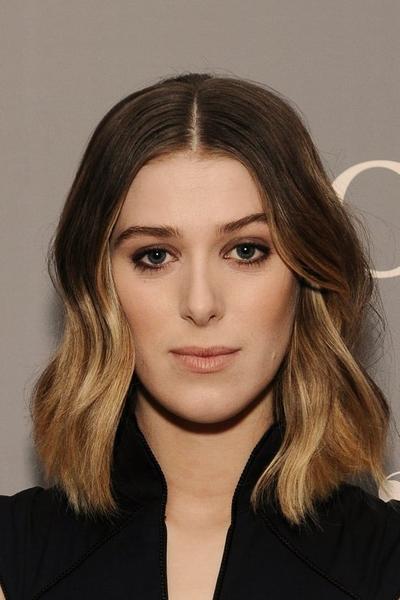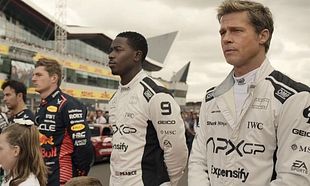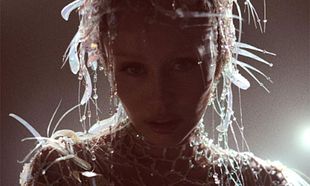If you’re looking for a movie as a source of entertainment, I can guarantee you’ll find this too weird, confusing and boring
This semi-fictionalised depiction of writer-director Joanna Hogg’s own university experiences follows a young film student in the early 80s named Julie (Honor Swinton Byrne). She embarks on a relationship with an older, seductive and enigmatic man named Anthony (Tom Burke), who works at the Foreign Office. Anthony soon proves himself untrustworthy and abusive, with a destructive secret that in spite of his encouragement of Julie’s talents, threatens to take her down with him.
From the very beginning of ‘The Souvenir’, one feels this film is taking its time to kick things off. But then it never really starts. One scene ambles into the next and nothing all that extraordinary occurs in its 2 hour running time. Even the cinematographer - David Raedeker - seems determined to keep everything slow and ordinary, and that ineffective pacing results in a terribly dull viewing experience.
One recalls ‘Frances Ha’ as both films follow young women who love the arts but lack direction. Honor Swinton Bryne – daughter of Tilda Swinton, who plays Honor’s mother in ‘The Souvenir’, funnily enough (even Tilda’s presence fails to animate the feature though) – is undoubtedly a talented actress and fair play to her and Tom Burke for finding passion in this relentlessly monotonous feature.
“Artsy fartsy” is a phrase that this reviewer has applied to movies before and ‘The Souvenir’ is the very thesis for such a description. The dialogue is almost all conversations on the relationship between film, art and real life (‘The IT Crowd’ star Richard Ayoade turns up and contributes at one point, but, again, don’t assume that will liven anything up) but every line and character is so very dull and one is left perplexed and frustrated by the obscurity.
You can’t even understand how Julie and Anthony are together in the first place when they seem so different. Are they both lost, wandering souls, or is the movie a reflection of courtship and relationships in the era? Elsewhere one considers if this is perhaps a depiction of addiction or a contemplation on the contemporary nature of filmmaking. But really the film feels like nothing. 118 minutes of nothing.
Look, it’s worth bearing in mind that there’s an audience out there who loves this “deep and meaningful” stuff and will debate what the movie represents for hours after its conclusion. But if you’re looking for a movie as a source of entertainment, I can guarantee you’ll find this too weird, confusing and boring. You may even be left feeling mad at the filmmakers, and critics who claim this is the Next Big Thing. They’re either full of it, are cut from the same cloth as the obnoxious a-holes that populate the film, or are all in on a joke.













































































